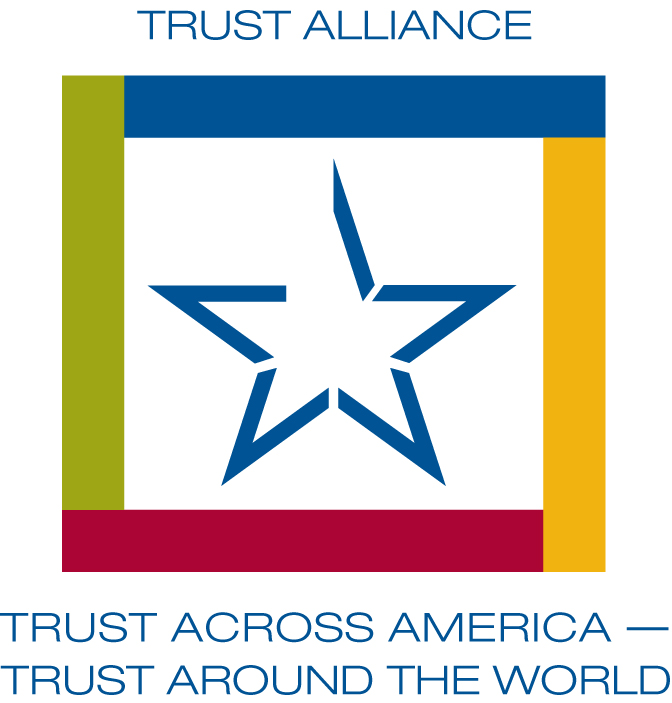 “Never ruin an apology with an excuse.” Benjamin Franklin
“Never ruin an apology with an excuse.” Benjamin Franklin
“Say you’re sorry.” As a child, how often did you hear those words from parents and teachers? While apologies become even more “complex” in adulthood, have you stopped to consider the role they play in trust repair? This week, as part of our Zoom Lunch & Learn series seven members of our Trust Alliance convened to discuss the topic of apologies in a session called “I’m sorry…but.”
Our discussion extended beyond apologies at the organizational or corporate level. We reviewed interpersonal apologies as well.
The following are some of the key take aways:
- The purpose of an apology is to repair a damaged relationship, whether it is between two people or at the leadership/ corporate level, and there must be a desire to do so.
- Apologies must have a unifying quality with no “conditions” or “buts.”
- Authentic apologies must contain an acknowledgement of harm and a commitment to a behavioral change. (Example: A husband is caught cheating on his wife. The apology must go beyond, “I’m sorry for hurting you” to “I promise you I will never do it again.”)
- Apologies should not be confused with taking responsibility. (Example: Johnson & Johnson followed their credo and took responsibility after the Tylenol crisis. They did not apologize.)
- Victims need validation more than an apology.
- Apologies are words. Trust is built through actions. A plan must be announced with specifics. Simply saying we “hope to regain your trust” is worthless.
- Trust can be built only after lasting changes have been made. Remember, actions always speak louder than words.
- Ethical actions not only reduce the need for apologies, they also raise awareness of the benefits of principled behavior. Incivility, sarcasm and humiliation have no place in relationships inside or outside the office. In fact, they are breeding grounds for reducing trust and increasing the odds of a crisis.
- Consider what is happening in the relationship that creates the need for an apology. What internal changes should be made to modify the dynamic and prevent future crises? Without an internal culture of responsibility and accountability, there WILL be crises and regardless of whether or not an apology is given, there will not be a change in behavior to correct things.
A few additional thoughts the intersection of apologies and trust for leaders and organizations facing a crisis:
- While most companies have a mission or vision “statement”, quarterly reviews based on financial returns still rule the day. This creates the perfect storm for a crisis. Leaders then delegate the apology and trust repair “fix” to their corporate communications/PR team, instead of taking ownership. Wells Fargo is the poster child for this approach which fails every time.
- Most business leaders are unaware of the independent variables or behaviors that create trust. If they don’t defer to PR, they defer to “legal” who are trained in risk, not trust.
- Spontaneous conversations about reputation rarely occur until reputation is in the ditch. Reputation management, like crisis management, like employee engagement are really PR terms rather than management terms. That’s why they’re not seriously a part of management’s vocabulary. Trust is a management word. Integrity is a management word. Civility and decency aren’t really management words.
- One of my favorite questions in these circumstances is,” what would your mother’s say if they were in the room right now, after they slapped you in the head and told you that you were not the kid they raised.”
- An attack on trust/a crisis means that the organization performed below expectations of at least one of its stakeholders. An organization can have a crisis with one stakeholder that does not impact others. For example, HP had a governance issue that caused it to apologize to investors with plans for how it would be avoided in the future, but it did not register with customers.
Copyright © 2020, Next Decade, Inc.

Recent Comments